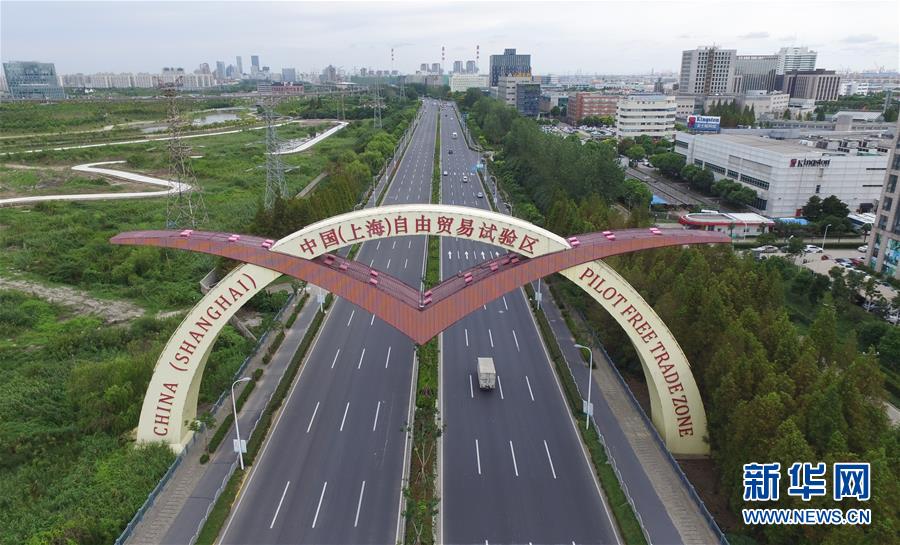FTZ draws US$110B investment amid reform
 0 Comment(s)
0 Comment(s) Print
Print E-mail SHINE, December 18, 2018
E-mail SHINE, December 18, 2018

Foreign-funded companies have ploughed over US$110 billion of investment into the Shanghai pilot free trade zone by the end of June, which means every square kilometer of land in the FTZ has attracted around US$900 million, making the area a real "gold magnet" for new economic reform policies.
More than US$100 billion is attributed to institutional innovation in the FTZ over the past five years, and a "negative list," which restricted foreign investment, has been shortened from 190 items in 2013 to 45 this year.
"The negative list is China's answer to the prevailing international investment rules," said Shen Weihua, deputy director of Shanghai Commission of Commerce.
It also issued new rules in June to liberalize the financial sector.
Commercial banks will be allowed to form asset investment and management companies without any cap on foreign ownership and foreigners will be allowed to take majority stakes in domestic life insurance companies based in the zone.
Record filing has replaced registration for the establishment of foreign-invested enterprises. More than 98 percent of foreign-funded companies were established through the way, says Shen.
The FTZ's opening-up measures helped to attract 340 service companies from January to October, while it has also lured 2,744 companies to set up offices.
Among those achievements were several foreign-funded firsts, including a reinsurance broker, vocational training institute, yacht design company, medical institute, engineering design firm and a certification company to adopt international food safety standards. It helped the establishment of IfFP Professional Skills Training in early September.
The Zurich-based institute for financial planning debuted its Shanghai business in Jinqiao as the first wholly foreign-owned enterprise in the financial education sector on the mainland.
"China's wealth management market has enormous space, and the Shanghai free trade zone opens a door for us," said Zhong Ke, general manager of IfFP (Shanghai).






Go to Forum >>0 Comment(s)